Making the invisible visible, a nature-based solution against the invisible pollutant in the ocean - Sound. It's an invisible threat, but noise pollution is a major and deadly threat to ocean wildlife. Decibel is an award-winning solution that addresses underwater noise pollution by using a modular hexagonal oyster pods structure and kelp growth. It acts as a natural sound barrier along shipping highways, while also creating a regenerative marine permaculture system. Decibel incorporates VR technology to raise awareness and empathy among decision-makers regarding the magnitude of ocean sound pollution.
As a winner of the Logitech-sponsored Grand Challenge, Decibel offers a nature-based solution to protect marine life and promote sustainable practices.
Nature-Centred Approach:
Sound pollution is an overlooked catastrophe, marine animals depend on their hearing to survive. But sound levels in the oceans are constantly rising due to human activities. According to Animal Welfare Institute, there are 27 species and counting of marine mammals in ocean are affected by noise pollution. How might we prevent the growing noise from maritime shipping, while protecting marine animals and mitigate underwater sound pollution?
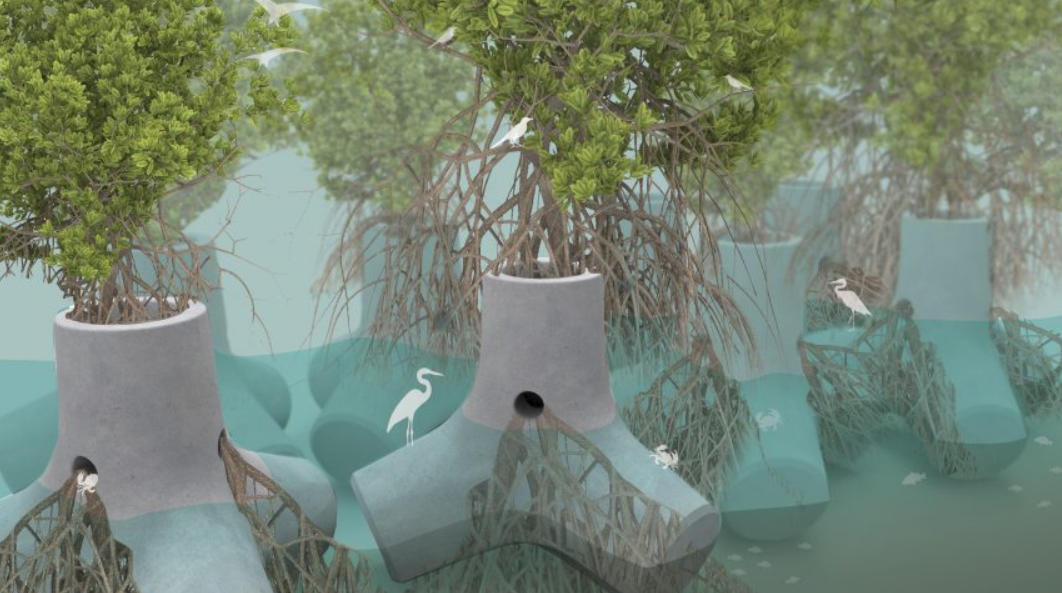
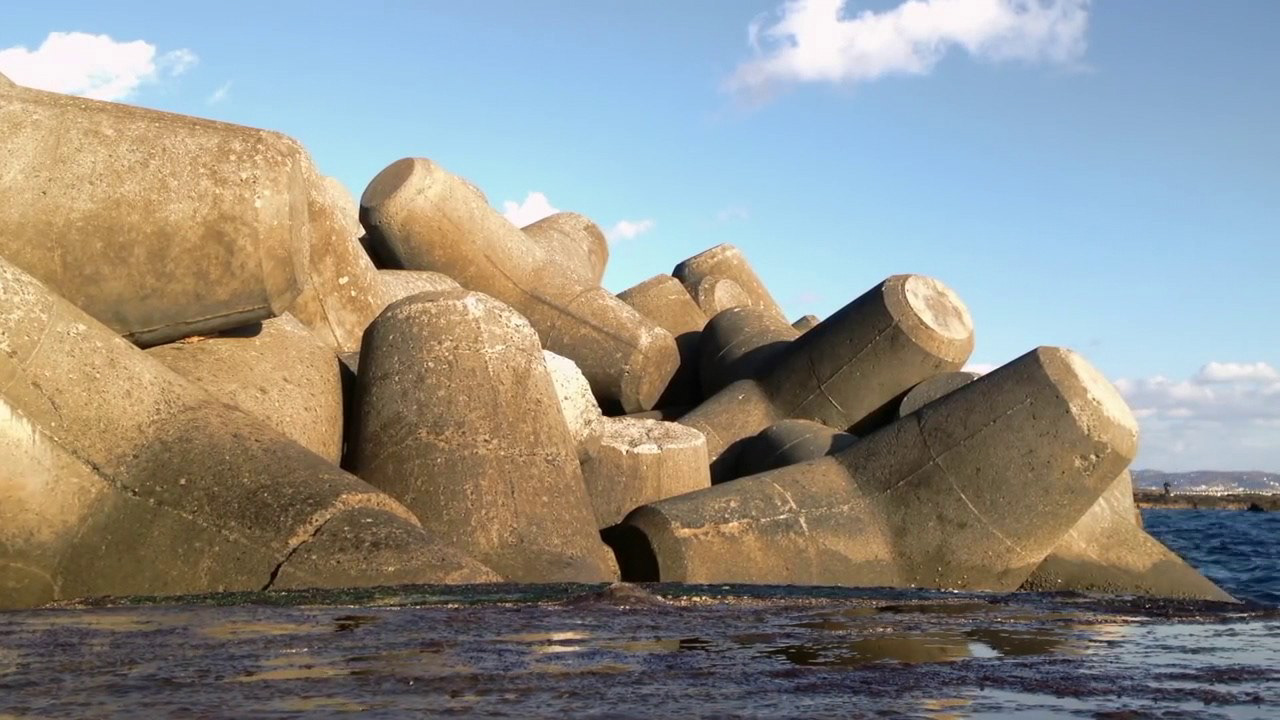
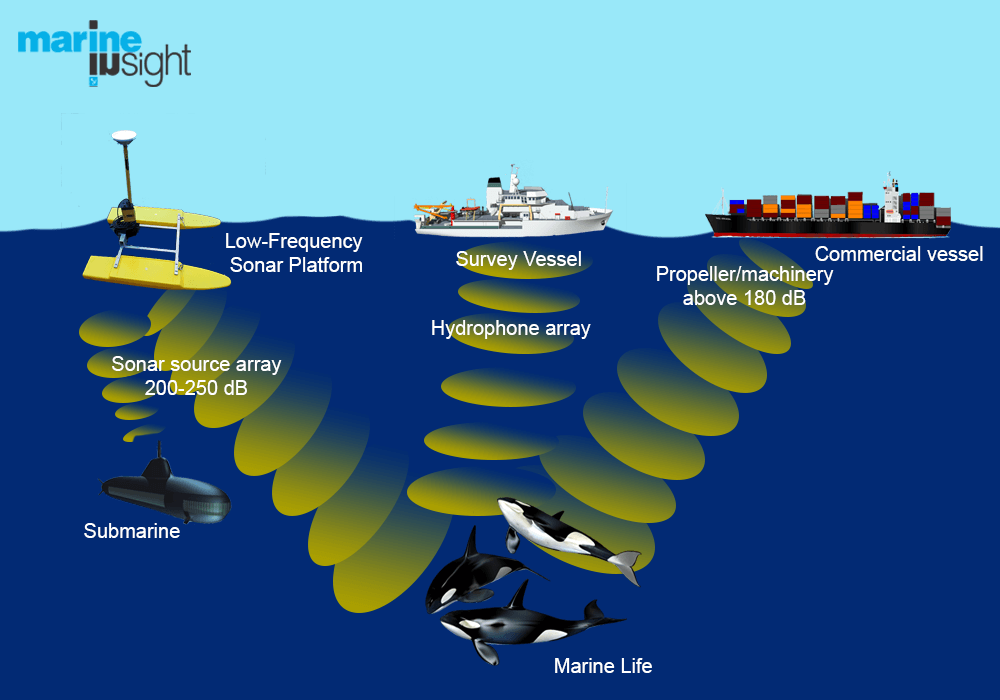
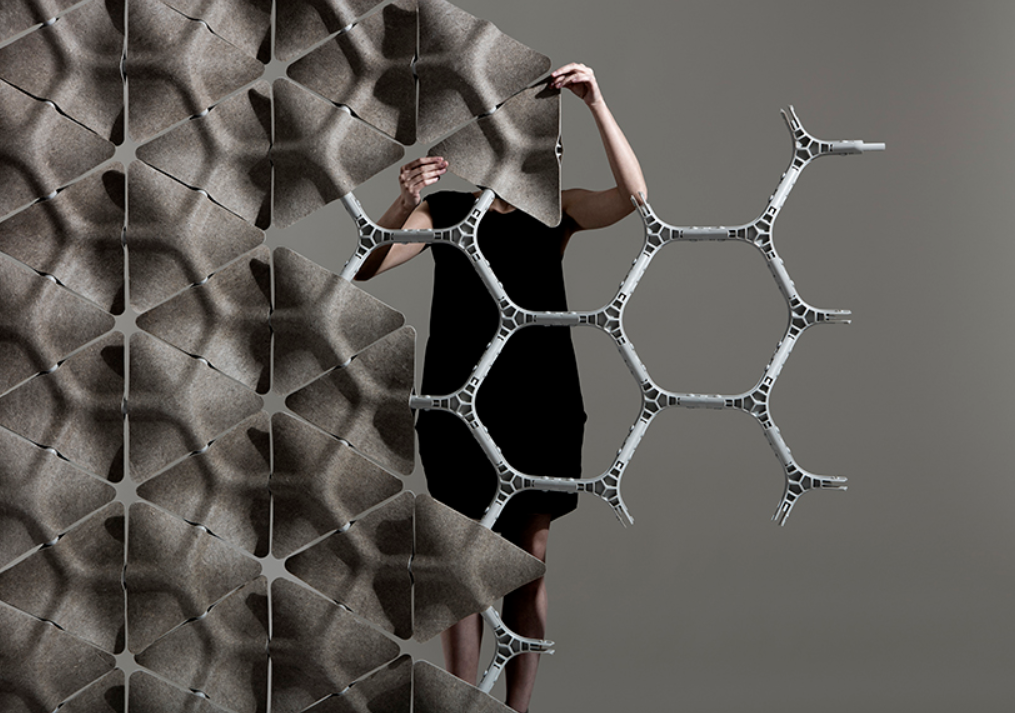

Decibel is inspired by the maze-like landscaping that deflects sounds, modular partitioning system, and living interlocking barriers. Decibel designs a modular hexagonal oyster pods structure on which kelp is grown acting as a natural sound barrier between shipping highways while creating a regenerative marine permaculture system paving way for a circular economy system where oysters, fish, and kelp can be harvested.
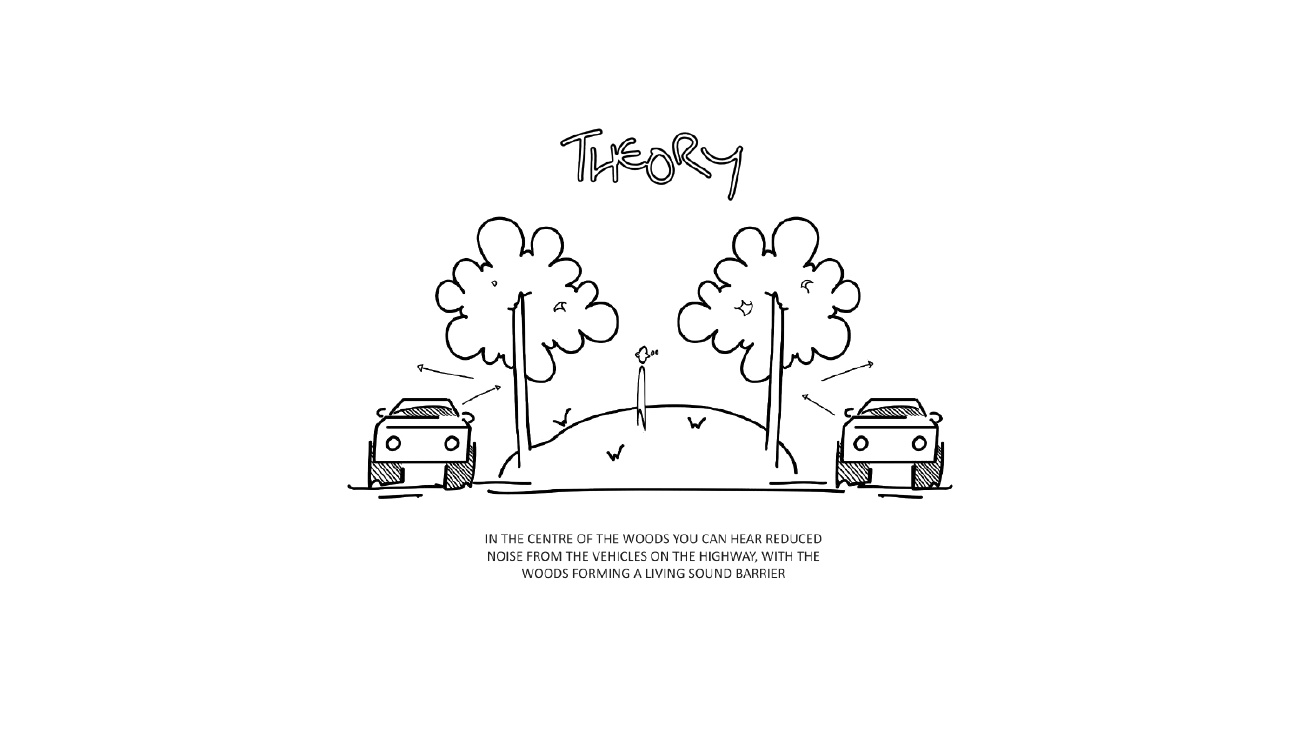
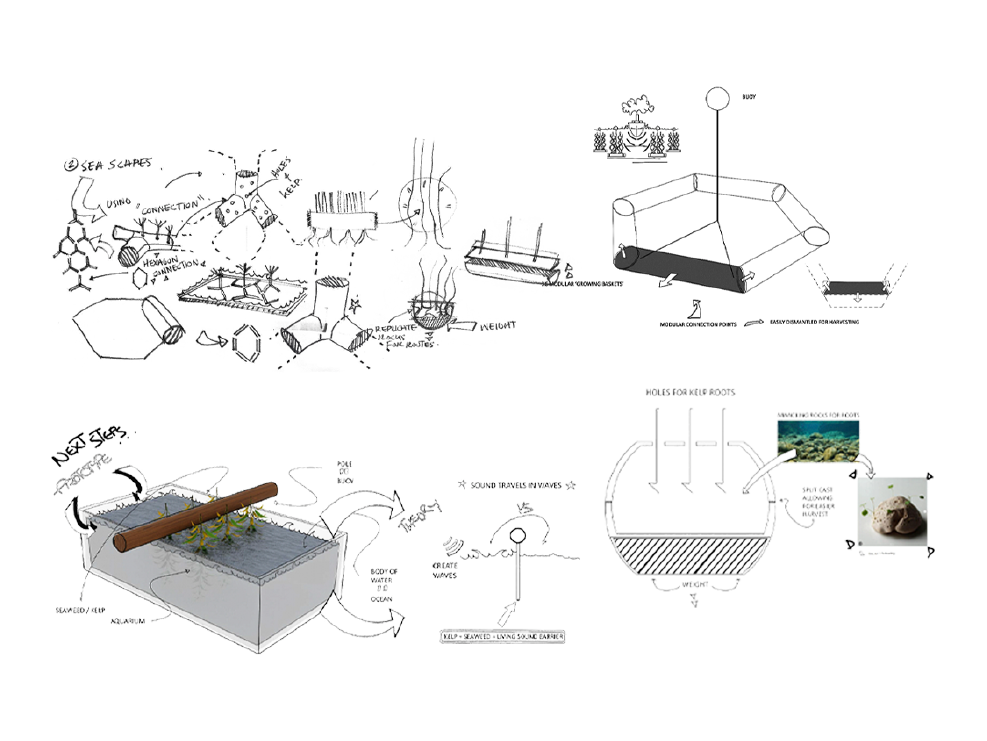
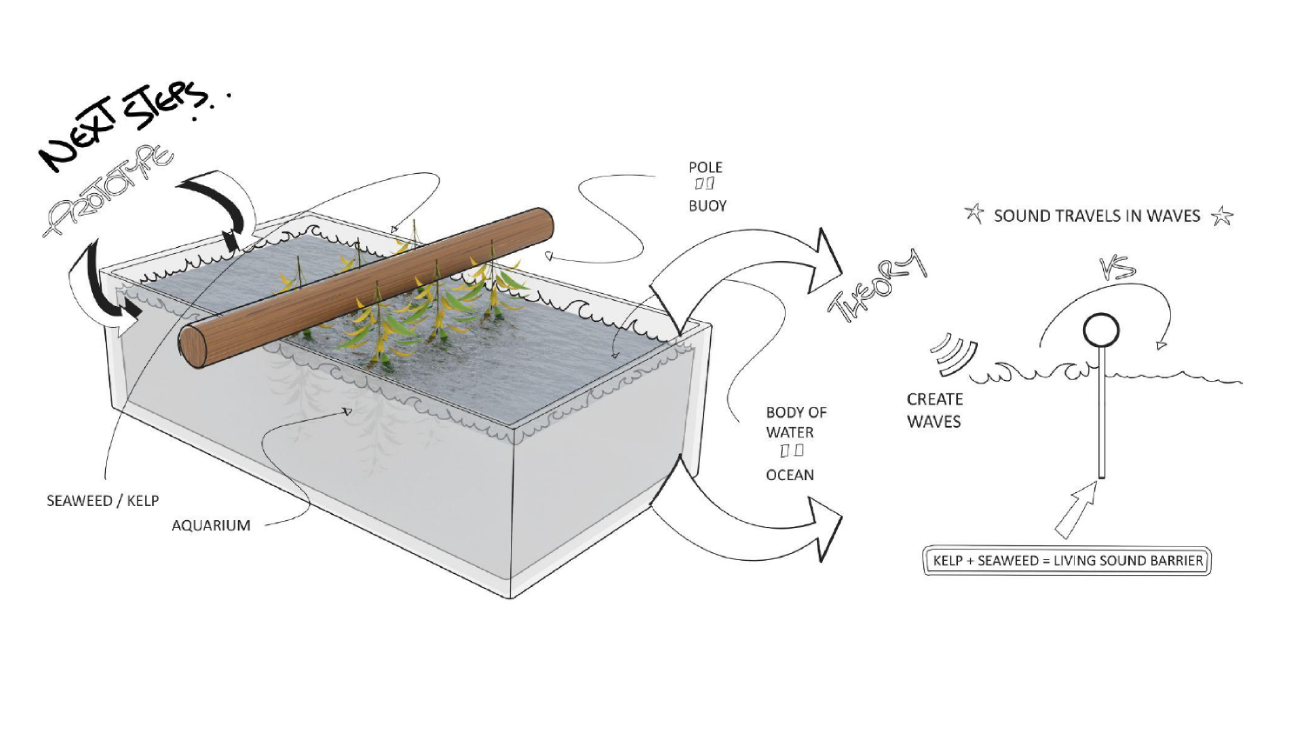
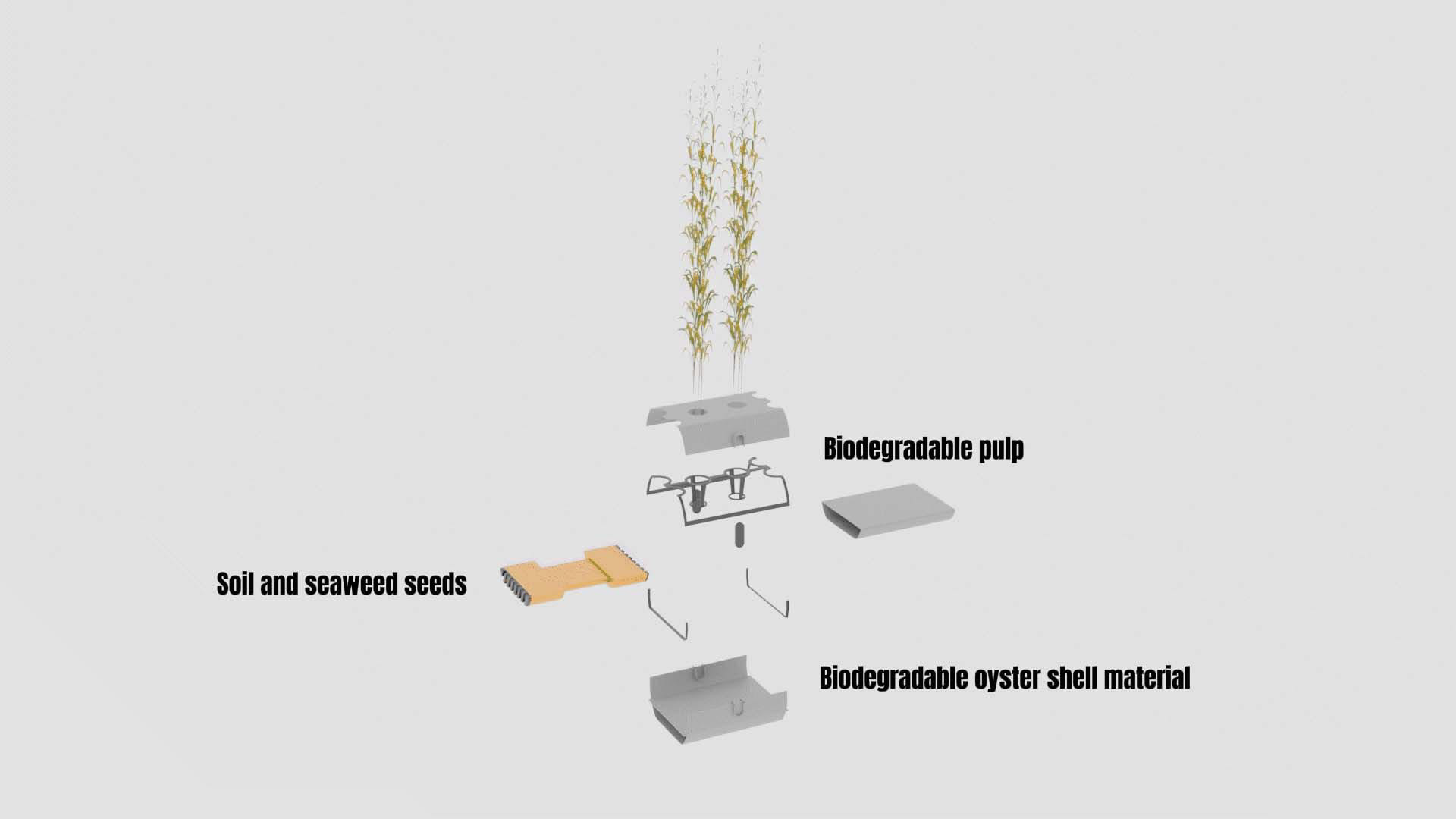
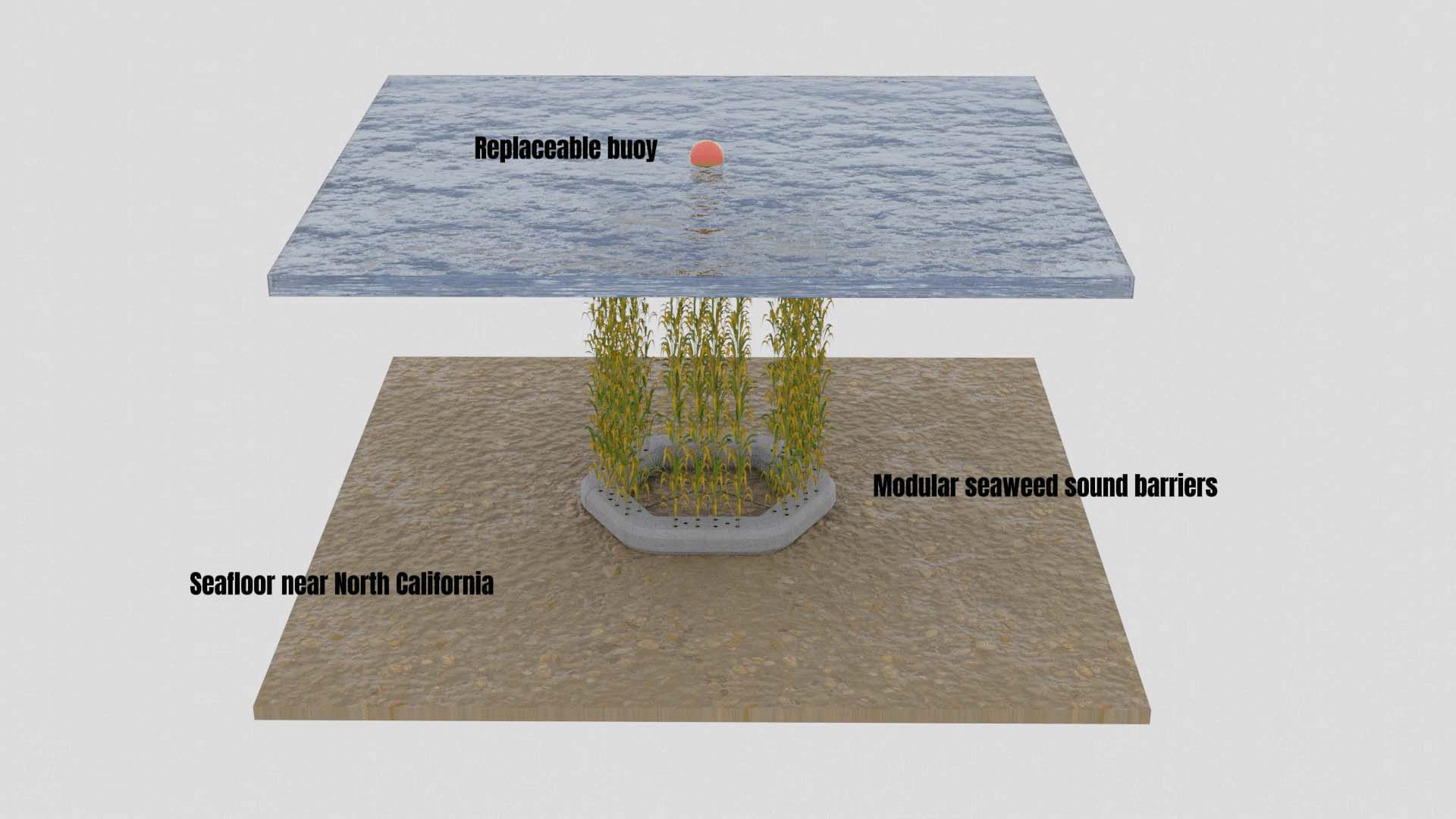
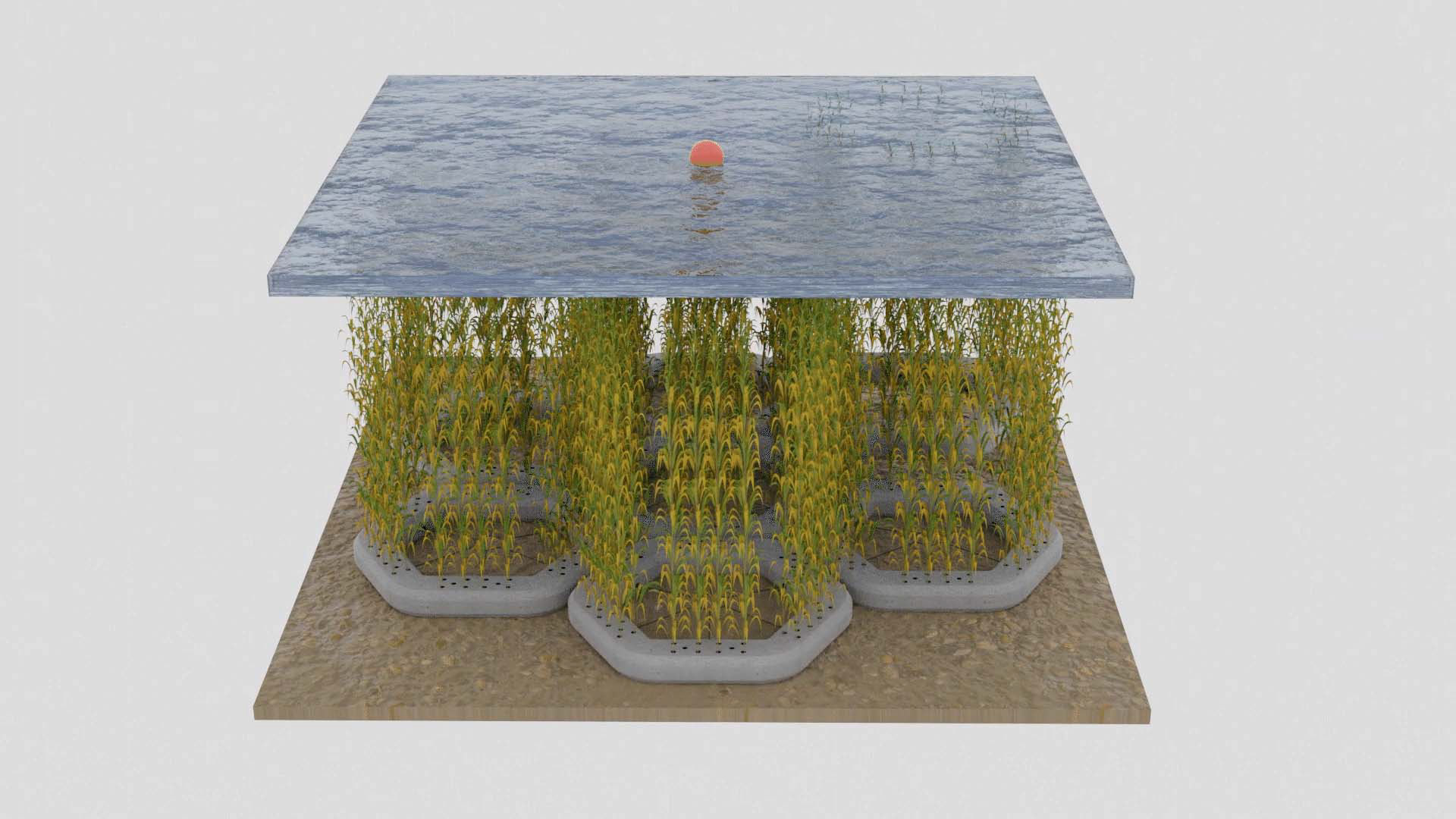
System Thinking For Sustainable Future:
Decibel focuses not only on the product, but also considering the holistic system. The location of Decibel is at Northern California where kelp forests have dropped by more than 95% because of noise pollution. Our solution wouldn't break the ecosystem but rebalance the biodiversity.
To make the invisible pollutant visible Decibel created an immersive experience using VR for decision-makers, UN bodies to comprehend the magnitude of sound pollution in the oceans and understand how decibel would mitigate sound pollution from ship propellers when implemented.
Full VR experience can be viewed in the video.
We believe that cross-disciplinary collaboration can offer more comprehensive and more sustainable design solutions.

